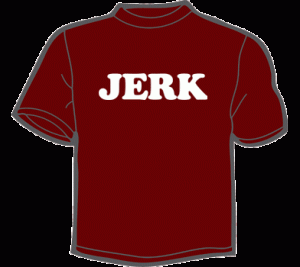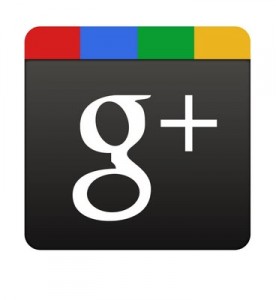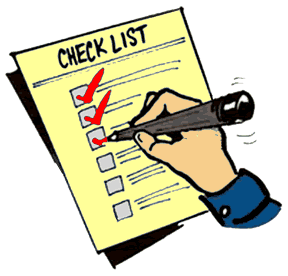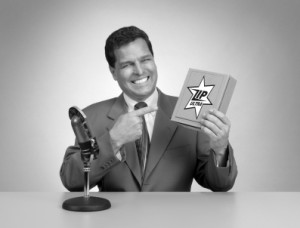 We often hear that the secret to success in marketing is to “be yourself”. But what if you’re a jerk?
We often hear that the secret to success in marketing is to “be yourself”. But what if you’re a jerk?
Can you build a successful law practice if you’re not likable? Actually, I think you can. We all know lawyers who clearly haven’t read, “How to Win Friends and Influence People” but build successful practices anyway. Their strengths–drive, work ethic, skill set–allow them to overcome their interpersonal shortcomings.
What if the successful jerks of the world weren’t jerks–would their success have come any sooner or been any bigger? One could argue that it’s better to have people like you and want to be around you, that it’s better to be liked than respected. But that’s not true of sports coaches or military leaders. They don’t want friends, they want to win. In fact, in the sports and military realms, befriending your charges can be a liability.
Speaking for myself, yes, I do want to be respected and I also want to be liked. I feel good when people appreciate not only my work but me as a person. I like to be liked and I think you do, too, and while we may not need to be liked to be successful, for most of us, it does make it easier.
The article, “20 Reasons People Unfollow You on Twitter,” provides practical advice for building your social followers, (actually, for not losing your social followers), but also a paradigm for un-likeability in general. If you are an unrelenting self-promoter of your legal services, for example, a common failing of many attorneys in social media and in-person networking, you’re chasing people away. They don’t like you and they don’t have to listen to you–and they don’t.
In social media, likability has another meaning: “follow-worthy”. People may not like you personally but if you provide good content, they may “Like” you and follow you. Social media metrics don’t care if you’re nice or not, either your numbers are going up or they aren’t and if they aren’t, you can do something about it.
I just put, “Likeable Social Media: How to Delight Your Customers, Create an Irresistible Brand, and Be Generally Amazing on Facebook (& Other Social Networks).” on my reading list, after reading this review. I think I’m a likable guy but hey, who wouldn’t want to be “generally amazing on Facebook (& other social networks)”?












